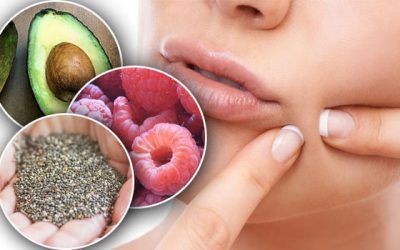The Gut Reaction
Following on from our piece on tracking your gut health, our health guru Elmari Carelse shares some tips on how to keep the good tummy vibes going – she calls it The Gut Reaction.
“Many facets of modern life can damage the delicate state of our gut environment. This imbalance affects our general health, impacting everything from the brain, heart and immune system to skin health, hormone levels and weight management. So what can you do about it?”
- Lower your stress levels – Easier said than done during these very unsettled times, but the truth is high levels of stress are hard on your whole body, particularly your gut. Meditation, walking, decreasing caffeine intake, yoga, diffusing essential oils and spending time with friends or family – particularly those you can laugh with are all effective and “doable” ways of reducing stress.
- Get enough sleep – Sleep impacts your gut which in turn impacts your sleep. A hamster wheel that has to be stopped. Try to prioritize getting at least 7–8 hours of uninterrupted sleep per night. If you have trouble falling asleep or staying asleep, chat to your doctor or try natural remedies like lavender, melatonin and chamomile.
- Eat slowly – Chewing your food thoroughly and eating your meals more slowly can help promote full digestion and absorption of nutrients. This may help you reduce digestive discomfort and maintain a healthy gut.
- Water, always drink water – Staying hydrated has a huge effect on the lining of the intestines, and the balance of good bacteria in the gut.
- Take a prebiotic or probiotic – Prebiotics provide “food” meant to promote the growth of beneficial bacteria in the gut, while probiotics are live good bacteria. Not all probiotic supplements are high quality or will actually provide benefit and not every person is suited to this type of gut support, so consult your doctor before choosing your supplement.
- Check for food intolerances – Sometimes a gut imbalance is the result of a food intolerance and steps need to be taken to identify and eliminate that trigger. Symptoms of intolerances can include cramping, bloating, abdominal pain, diarrhoea, rashes, nausea, fatigue, and acid reflux.
- Change your diet – Processed, high-sugar, and high-fat foods are gut killers! Reduce those as much as you can and add plant-based foods and lean protein into your diet. High fibre also has a tremendously positive impact on a healthy gut microbiome.
Maintaining good gut health means maintaining good habits which isn’t always easy. So if you need guidance and support let’s have a chat and get you on the right path”, said Elmari. Book a consult with Elmari.
The post The Gut Reaction appeared first on Aesthetic Options.







